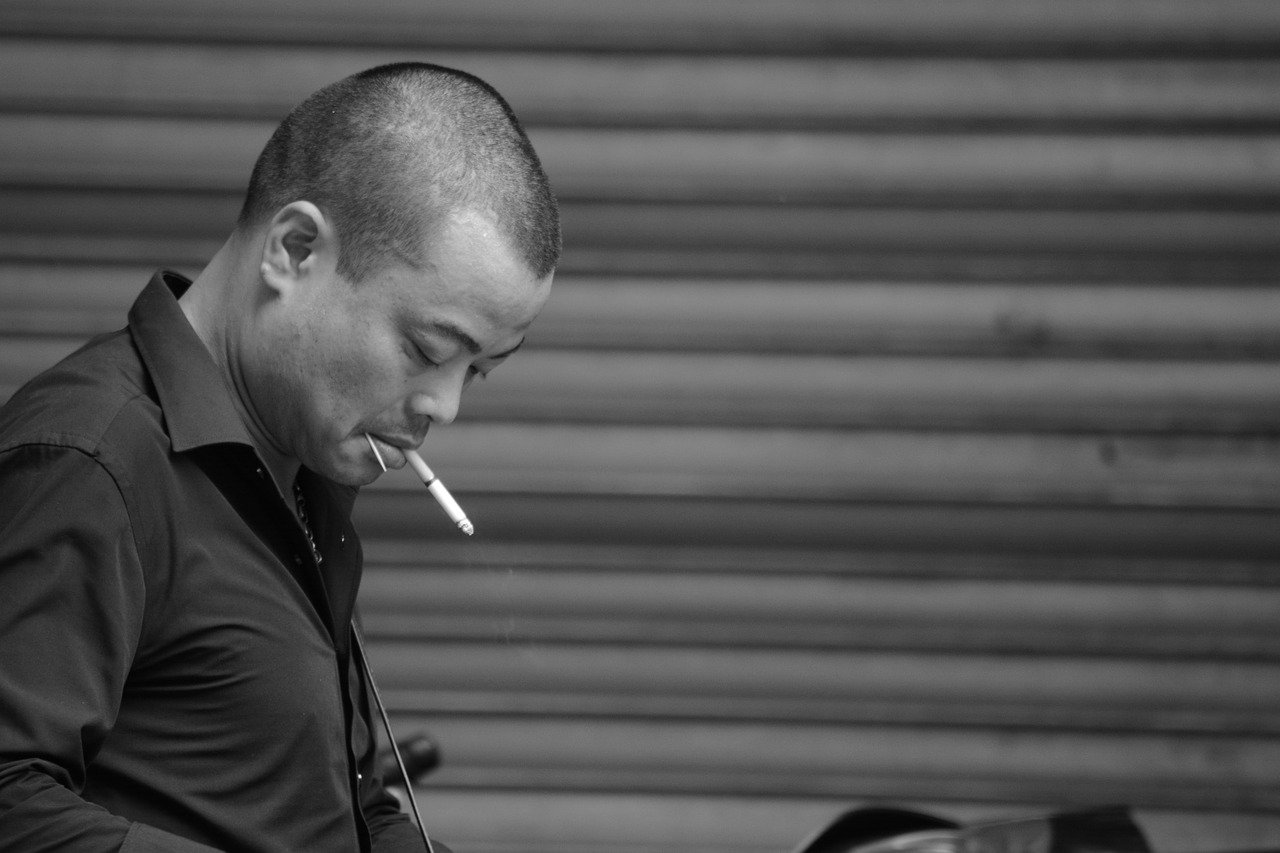On March 23, Cambodia issued a ban on heated tobacco products (HTPs). The move, as reported by the English-language newspaper The Khmer Times, was announced by the National Authority of Combating Drugs.
Confusingly, the directive also prohibits electronic nicotine delivery systems like vaping products—while making the unfounded assertions that these device don’t help people to stop smoking and are not safer than conventional cigarettes. This comes despite the fact that consumption and sales of shisha and e-cigarettes have already been prohibited since 2014. Some local reports suggest that vapes remain available and that the ban has so far been widely ignored.
Those earlier guidelines, however, did not cover HTPs, also known as “heat-not-burn” products—devices which heat tobacco sticks to produce vapor, not smoke. Cambodia’s new directive states, according to The Phnom Penh Post, another English daily, that “all forms of trafficking, trading, and importations of HTPs must be stopped and information on import restrictions must be disseminated to all vendors and the public.” It’s unclear how prominent such devices are in Cambodia, though the government has seemed to suggest that there’s been a recent rise. Still, preemptive bans are not uncommon.
Though vaping tends to dominate the headlines, HTPs are beginning to creep into US policymakers’ minds—especially since July, when the United States Food and Drug Administration for the first time authorized one such device to be marketed as a “modified risk product.” Meaning, essentially, that it’s less dangerous than a traditional cigarette.
Both Japan and South Korea, meanwhile, have seen the popularity of HTPs soar in recent years—a development that has coincided with significant declines in combustible cigarette sales in those countries.
Nonetheless, prohibition has been a growing trend throughout Asia, where monied interests like nonprofits funded by the billionaire Michael Bloomberg typically influence legislation.
In March, the International Network of Nicotine Consumer Organizations (INNCO) released a direct response to the Bloomberg-supported International Union Against Tuberculosis and Lung Disease, which has recently called for low- and middle-income countries (LMICs) like Cambodia to prohibit vapes and HTPs. INNCO condemned the Union, detailing ways in which prohibition-based approaches are ineffective and offensive: that they rarely work, drive consumers to unregulated markets, and represent a new type of “philanthropic colonialism.”
“The reasons provided by Cambodian authorities appear to be from a template used by the Bloomberg network in other developing nations in Asia, Latin America, and Africa,” Samrat Chowdhery, the president of INNCO, told Filter.
Efforts from Chowdhery and others appear to be getting noticed. This past week, the Chronicle of Philanthropy published a feature on Bloomberg’s outsized influence in tobacco control—noting how vape bans in the US and abroad will harm nicotine users by discouraging them from switching cigarettes for less harmful substitutes. In the Philippines, local consumer vaping advocates have launched a campaign to limit foreign contributions after Bloomberg-funded groups came under fire for reportedly paying regulatory agencies to push an abstinence-only nicotine agenda.
But Chowdhery believes that governments in LMICs are still pushing these prohibitory measures ahead of this year’s World Health Organization Framework Convention on Tobacco Control conferences. The meetings are set to be held in The Hague in November.
“Attempts to ban safer nicotine products in LMICs are especially harmful,” he said, “since most users in these nations neither have access to cessation services nor have adequate means to deal with health consequences of tobacco use.”
Photograph of man smoking in Cambodia by fsHH via Pixabay
Both INNCO and The Influence Foundation, which operates Filter, have received grants from the Foundation for a Smoke-Free World.





Show Comments